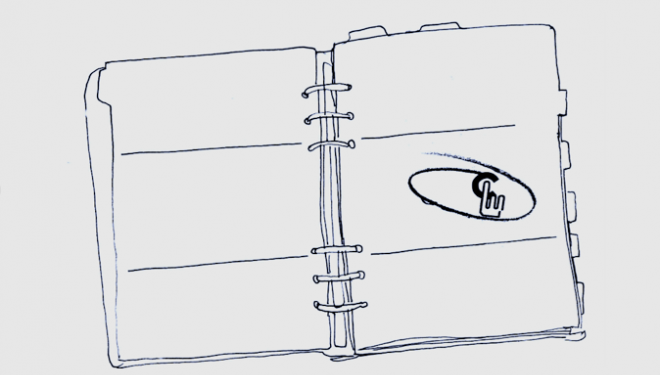Jane O’Grady’s London Cultural Diary
Jane O'Grady is bringing philosophy to the masses at the London School of Philosophy and the How to: Academy. She shares her cultural diary

Through the teaching and talking of Jane O'Grady, philosophy is coming to the masses at the London School of Philosophy and the How to: Academy. She shares her cultural diary
Jane O’Grady teaches the Philosophy of Psychology at City University, and in 2010 helped set up the London School of Philosophy , founded when Birbeck College closed its extramural philosophy courses. She runs weekend courses in Western philosophy for the How to: Academy and will be delivering a talk on Nietzsche at the Wilderness Festival (7th-10th August, Cornbury Park, Oxfordshire).
‘Of course it is ludicrously ambitious to try to teach the entire history of Western philosophy from Plato onwards over a weekend,’ she tells Culture Whisper. ‘But philosophy is definitely “having a moment”. The people who enrol at the London School of Philosophy are grappling with the “mind-body problem”. They suspect that consciousness can’t be reduced to the purely neural, as populist neuroscience tries to do.
‘I grew up Catholic, and I see a similar sort of religious credulity in many people's responses to popularized neuroscience. Intoning undigested stuff about the self being unreal and neurons thinking is like mouthing belief in the Trinity or transubstantiation. I try to show up the problems in that orthodoxy.’
There can be few philosophers more misunderstood than Nietzsche – all the more reason to reintroduce him to a public hungry for ideas, says Jane. ‘Nietzsche does say some terrifying things,’ she explains, ‘but the association with Hitler wasn’t his fault. He was retrospectively tailored to fit Nazism by his anti-Semitic sister. That meant he was put to one side, but when he was taken up again people overdid the whitewash. There is a fascistic element to him, of despising the weak. He demolishes democracy and altruistic Christian morality, but is nuanced and contradictory about this, showing how difficult it is to reach truth.’
London Photography: The Atlantic Wall: Hitler’s Coastal Fortress from the Atlantic to the Pyrenees, Royal Geographical Society, until 20 June 14
The Atlantic Wall, according to the Royal Geographical Society, is the largest construction project in history to have been executed in so short a time. Ianthe Ruthven’s fabulous photographs remind me of Shelley’s Ozymandias [‘Look on my works, ye mighty, and despair’] – edifices intended to stand guard for a thousand years became ruins in a decade. They are monumental but not brutalist – more strangely beautiful, in fact, and reminiscent of Corbusier’.
Theatre: There and Back and She Stoops to Conquer, 9-14 June, RADA
‘The actors you see in RADA’s graduation productions often go on to be well-known, and it's remarkably cheap theatre, London standards being so high. There and Back is an early 18th-century Italian comedy by Carlo Goldoni, in a new version by Edward Kemp, RADA’s artistic director. Oliver Goldsmith’s She Stoops to Conquer is being directed by Jonathan Miller.
‘I did a lot of acting at Cambridge with a director called Stephen Pimlott, who very sadly died of lung cancer in 2007 at 52. I’m a big supporter of the foundation set up in his memory to support the performing arts in East Anglia.’
Shop: Allen Foster, 2A North Pole Rd, London W10 6QL, 020 8960 6420
‘I’ve lived in Ladbroke Grove for many years. Allen Foster is a very good butcher where they make their own sausages and ham, but what’s so marvellous about it is John the Irishman who runs it is a sort of saint. He looks after all the local waifs and strays, and offers them cups of coffee when they come in. Yet David Cameron used to go there – it’s a genuinely really good shop.’
Restaurant: Fitou’s, 1-3 Dalgarno Gardens, London W10 5LL, 020 8968 0558
‘This charming little Thai restaurant by Little Wormwood Scrubs is a badly-kept local secret. It’s BYO, and does takeaways too.’
Book: Raymond Tallis’s Epimethean Imaginings: Philosophical and Other Meditations on Everyday Light
‘Tallis is a philosopher, poet, novelist and cultural critic and a former physician and clinical scientist. He knows all about the science of consciousness but is interested in salvaging a non-material theory of mind from the current orthodoxy. I’m reviewing his new collection of essays and looking forward to reading them very much.’
Want to see more? Members enjoy full access to all Culture Whisper's arts previews, exclusives and features. Click here to take our cultural quiz and get a month's free trial.
